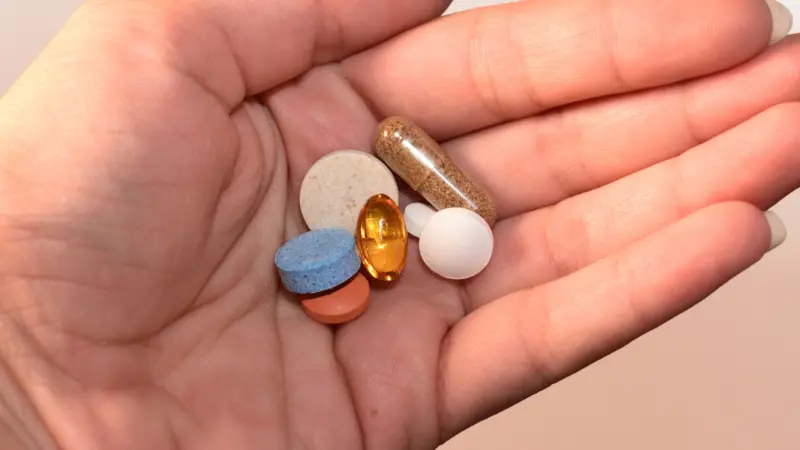

Complementary and Alternative Medicine (CAM)

Complementary and Alternative Medicine (CAM)
The Healing Power of Placebos
The so-called placebo effect, that is, the impact a placebo—a medical treatment with no active ingredients— has on an individual, is considered to be a psychological phenomenon. An injection causes a stronger placebo effect than a tablet and the color of a tablet can alter the strength of its placebo effect. Larger pills induce a stronger effect than smaller pills, while red, yellow, and orange pills are associated with a stimulant effect, and blue and green ones are thought to be tranquilizing.
Clinical oncologist and professor of medicine Robert Buckman states, “Placebos are extraordinary drugs. They seem to have some effect on almost every symptom known to mankind, and work in at least a third of patients and sometimes in up to 60 percent. They have no serious side-effects and cannot be given in overdose. In short, they hold the prize for the most adaptable, protean, effective, safe and cheap drugs in the world’s pharmacopeia.”
Some believe the self-healing properties of the placebo effect can be explained by evolutionary biology. Placebos have been shown to produce measurable, physiological changes, such as an increase in heart rate or blood pressure.
Illnesses that rely on self-reported symptoms, including depression, anxiety, irritable bowel syndrome, and chronic pain, are most strongly influenced by placebos. Placebos can reduce the symptoms of numerous conditions, including Parkinson’s disease, depression, anxiety, and fatigue.
A drug is only approved when it produces an effect greater than a placebo. If the individual does not expect the drug to work, or expects there to be side effects, the placebo can generate negative outcomes. In these cases, the placebo is referred to as a nocebo.
A more caring approach from clinicians has been found to enhance the placebo effect. But is it ethical to prescribe placebos? If the doctor misleads the patient, he or she may open themselves to fraud charges.
Placebos have been shown to work in a number of situations. If they can be used alongside pharmaceutical interventions, they can theoretically improve medical treatments.
REFERENCES
Newman, T. (n.d.). Is the placebo effect real? Medical News Today. Retrieved from https://www.medicalnewstoday.com/articles/306437.php


 By
By







